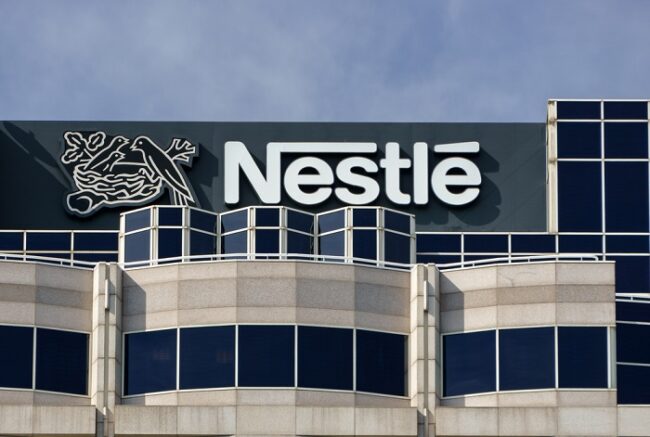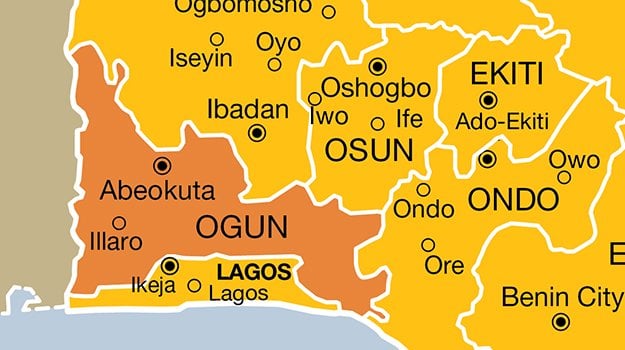Nestlé Nigeria Plc accelerated the pace of aggressive borrowing in the third quarter and total balance sheet debts multiplied from N6 billion at the end of half year to over N28 billion in three months to September 2020.
The resulting increase in finance expenses extended the operating pressures the company has been experiencing in the course of this year.
Finance expenses continued to grow in the third quarter against a drop in finance income, which led to an upsurge of 86 percent in net finance costs at the end of the third quarter. At about N924 million, net finance cost almost doubled over the half year closing figure.
Other cost increases extended the impact of rising net finance expenses, eroded margins and undermined profit performance at the end of the third quarter. The food/beverages company faced increased operating pressure from the top to the bottom lines during the review period.
Advertisement
Sales remained constrained though a moderate increase of 3.3 percent in sales revenue quarter-on-quarter happened in the third quarter. The improvement enabled the company to step up the year-on-year reading from a marginal decline in turnover at mid-year to flat position at the end of September 2020.
Nestle Nigeria closed the third quarter operations with a turnover of under N213 billion — less than 1 percent up on the N211 billion sales revenue generated in the same period in 2019. Pressure from weakening sales has been on over the past two years during which sales revenue has slowed down.
The company’s cash flow position improved in the third quarter, reversing a 47 percent drop in net cash generated from operating activities at half year to an increase of 20 percent year-on-year at the end of the third quarter. Proceeds of new borrowings enabled the company to meet dividend payment of N15.6 billion and slash net cash used in financing activities at the end of the review period.
Advertisement
The challenge for the company at the moment is that cost increases are happening in the face of inability to improve sales revenue. Increasing costs therefore claimed increased proportions of the earnings over the review period. This happened in all the key expense lines of the company from input cost to finance expenses.
At close to N123 billion, input expenses grew by under 7 percent against flat revenue position. That eroded gross profit further, which dropped by over N6 billion or 6.5 percent to N90 billion at the end of September 2020. Rising input expenses is a key factor in the loss of profit margin and the declining profit that Nestle Nigeria is experiencing so far this year.
Pressure on the bottom line also continued to come from other key expense lines. Marketing/distribution expenses lost the pace of decline from 6 percent at half year to 4.5 percent at the end of the third quarter to close at almost N31 billion.
Administrative expenses maintained the high speed growth that has been on since the first quarter and rose by 29 percent year-on-year to stand at N9 billion at the end of September 2020.
Advertisement
The summary of the company’s trading at the end of the third quarter is that sales remained weak against generally rising costs. This left margins squeezed with net profit margin down from 17.4 percent to 15 percent year-on-year. This is a sustaining downtrend from about 16 percent in the first quarter and 15.5 percent at half year.
Operating profit amounted to N50 billion at the end of the third quarter, which is a drop of 12 percent year-on-year. Inability to tame administrative cost in alignment with the flat position of sales revenue accounted for the drop in operating profit.
Nestle Nigeria closed the third quarter operations with an after tax profit of N31.9 billion. The figure is a drop of 13.3 percent year-on-year. The company recorded a sharp slowdown in profit in 2019 when it raised after tax profit by 6 percent to N45.7 billion.
This year, profit is headed for a drop — which is explained by rising costs against flat sales revenue and the resulting loss of profit margin. The company has sustained profit drop over the three quarters of the current financial year.
Advertisement
Growing costs against constrained sales revenue remains the high point of the company’s earnings story at the end of the third quarter in September 2020.
The critical developments to watch on Nestle Nigeria in the final quarter are whether seasonal sales would change the full year revenue reading from flat to some improvement and whether costs would slow down and stretch out margins. Whether finance expenses would grow further or moderate in the final quarter is another critical point to watch.
Advertisement
The company earned N40.29 per share at the end of September 2020, dropping from N46.48 per share in the same period last year. It paid an interim cash dividend of N25 per share at the end of the third quarter operations.
Advertisement
Advertisement
.
Add a comment







